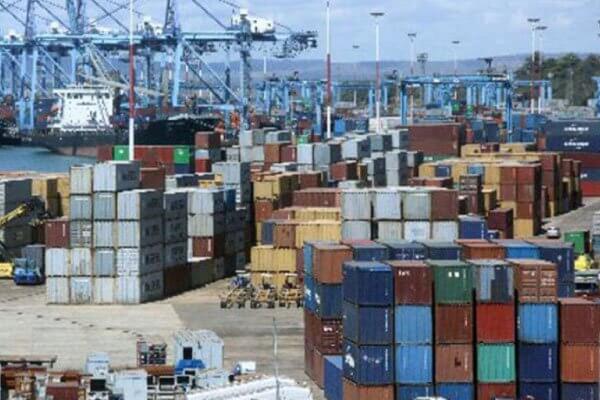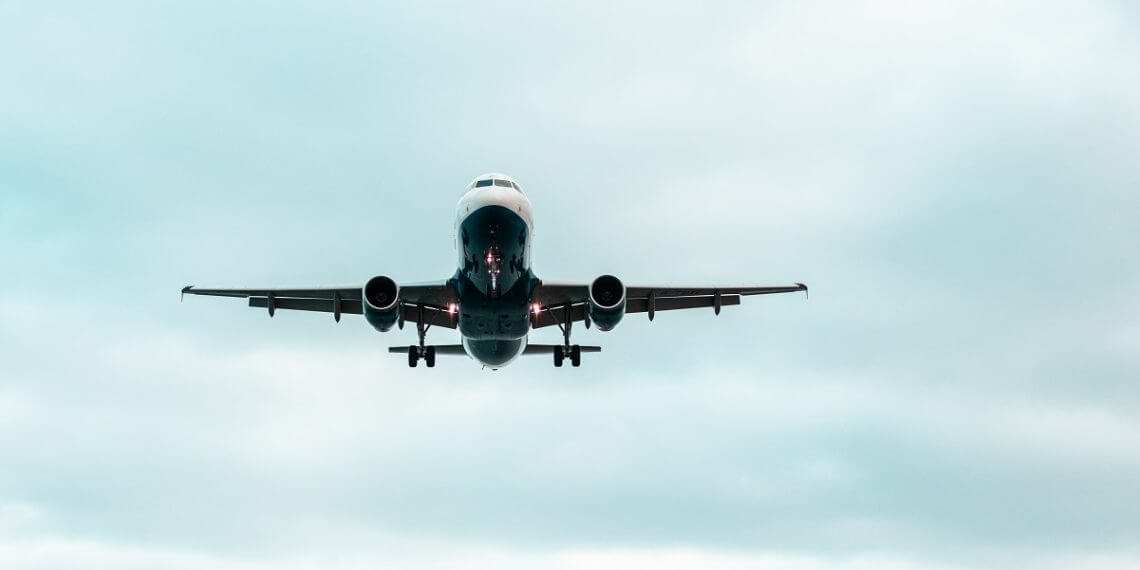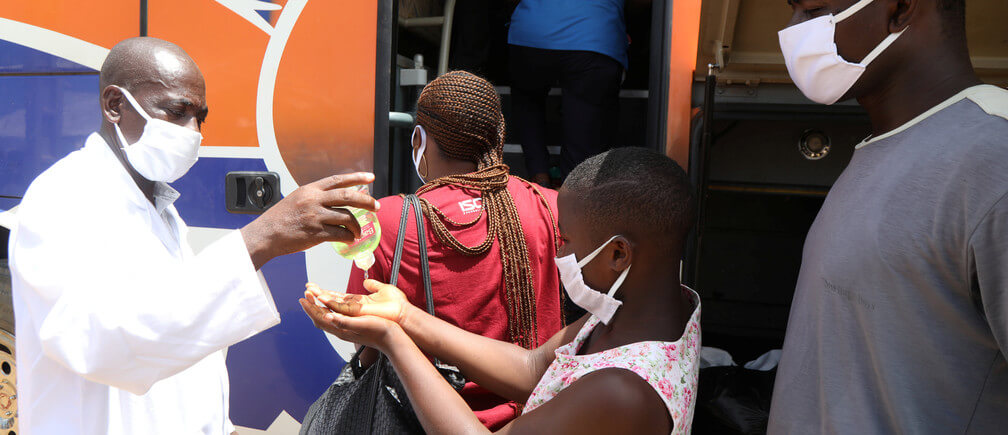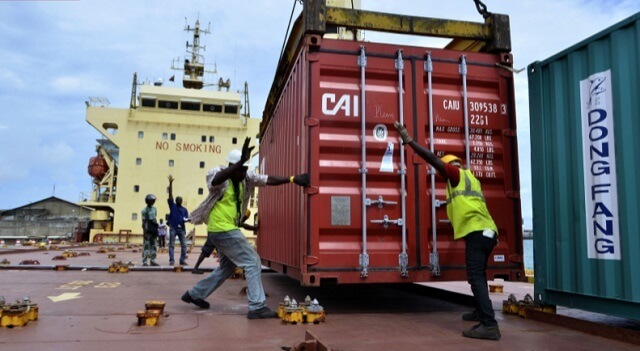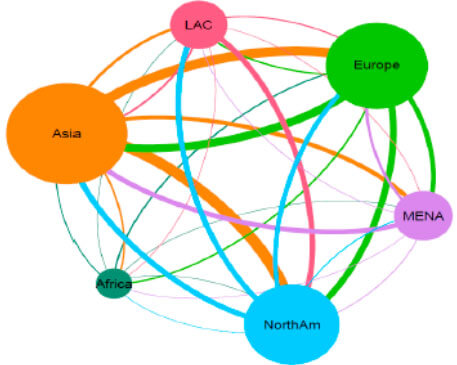As the Covid-19 crisis has escalated, stay-at-home orders have led to a surge in online purchases – of everything from groceries to medicines to household essentials – by consumers in the advanced economies. Africans facing similar movement restrictions will not enjoy the same convenience – or the safety it affords. Over the last decade, a growing middle class and rapid progress in mobile and Internet penetration have supported the view that African countries are ripe for e-commerce success. Consumer spending across the continent is projected to reach $2.1 trillion by 2025, by which time mobile-phone penetration in Sub-Saharan Africa is likely to stand at 50 per cent. Yet, so far, companies have largely failed to tap Sub-Saharan Africa’s e-commerce potential, owing to logistical challenges and inefficiencies. Nigeria, the continent’s largest market, ranks 110th out of 160 countries when it comes to logistical efficiency, according to the World Bank. It can take three times as long to import an auto part through Lagos, Nigeria, than through Durban, South Africa. And it can cost up to five times more to transport goods in Sub-Saharan Africa than in the United States, based on 2015 estimates. Across the continent, a lack of integration means that companies face smaller markets and considerable red tape when crossing borders. When Alibaba was building and scaling its e-commerce ecosystem in China in 2003, it took advantage of relatively advanced urban infrastructure – the result of significant government investments in the 1990s. Thanks to that physical infrastructure, as well...
Why investing in African logistics pays off
Posted on: June 16, 2020
Posted on: June 16, 2020

